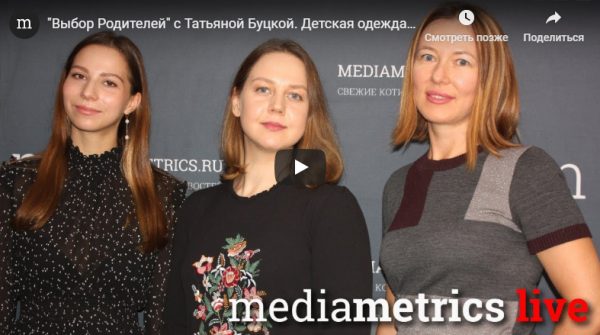

Anastasia Vasilkova, development director of TM Choupette, gave an interview to Radio Mediatrix. During the conversation, Anastasia spoke about the history of the brand of children's clothing, about how it was first exported and about the difficulties that a company that wants to enter the foreign market should be ready for.
The Choupette brand was created as a family business, which was aimed at creating unique and high-quality products. The company was actively developing and in 2016 entered the USA market by opening a single-brand children's clothing store in Los Angeles. Now Choupette brand is represented in 8 countries and is working on new directions.
An important step for exporting is participation in foreign exhibitions, says Anastasia Vasilkova. They can objectively assess whether the company has potential: this can only be demonstrated by a real order of buyers. It is important to accompany the participation in the exhibition with other marketing support: online and offline media and participation in events. For example, Choupette participates in international shows: in May 2019, the brand took part in the Dubai Fashion Week, and in July, a show was held on the Cote d'Azur in France.
Audience testing is also an important part of export. The brand needs to find a country where it will have enough target audience for successful sales. For example, for Choupette - this is the Middle East, Europe and South America. Now the company continues to collaborate with its partner, the well-known international brand Pampili, which produces shoes and accessories for fashion collections for Choupette. The collaboration was so successful that the Brazilian partner is ready to sell the capsule collection in their 18 local stores.
Anastasia Vasilkov noted that one of the important tools for exporting is the availability of a sufficient amount of free financial resources. In addition to taking all the strategic steps, Russian companies need to get certified, which in Europe is significantly different from the Russian one and has a high total cost, since each fiber needs to be certified. And such certification needs to be confirmed annually. The issue of logistics is also acute, which is also highly costly.
Despite all the indicated difficulties, Choupette is currently negotiating with several serious partners from different countries and plans further steps to develop foreign markets.
Listen to the full interview on the website